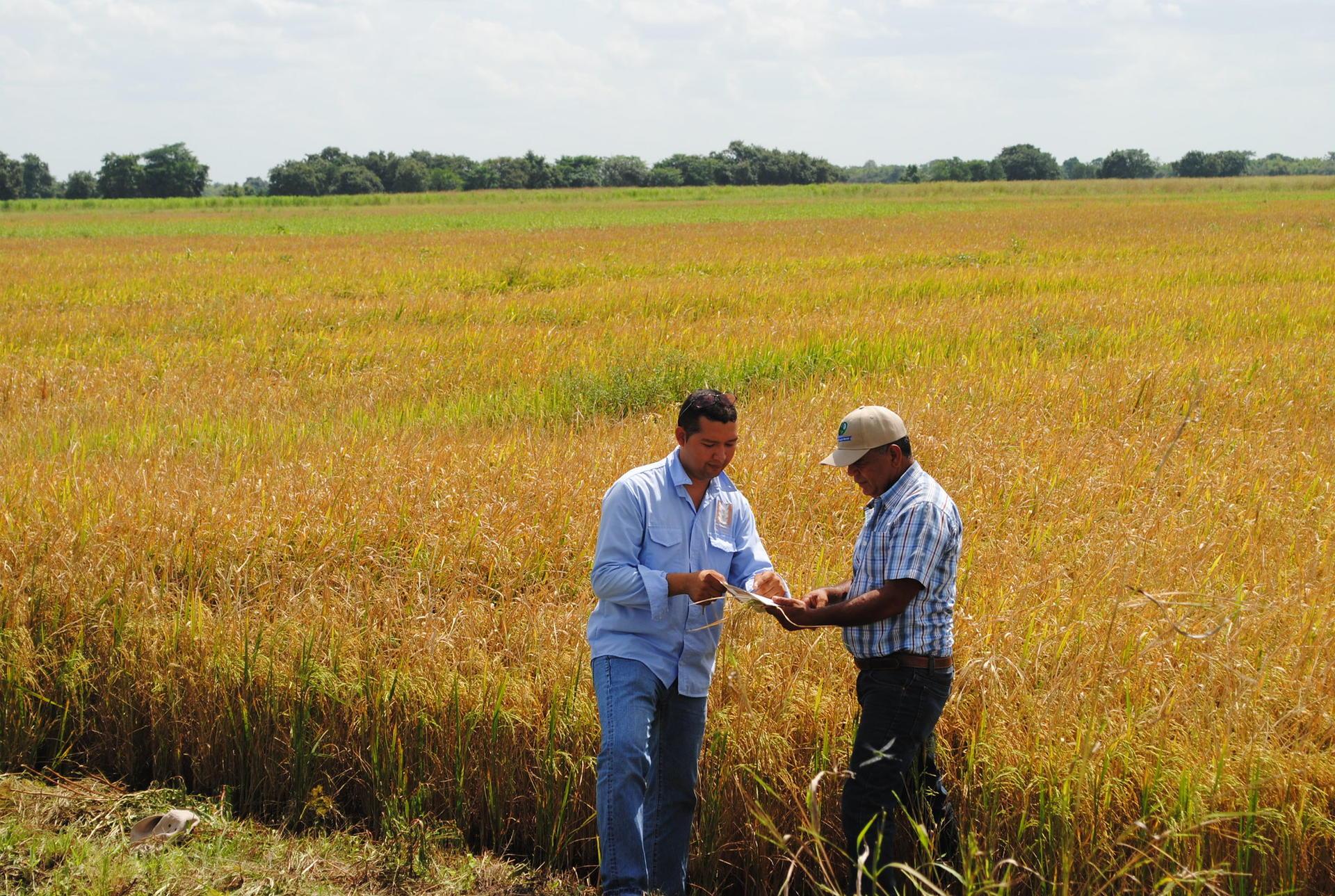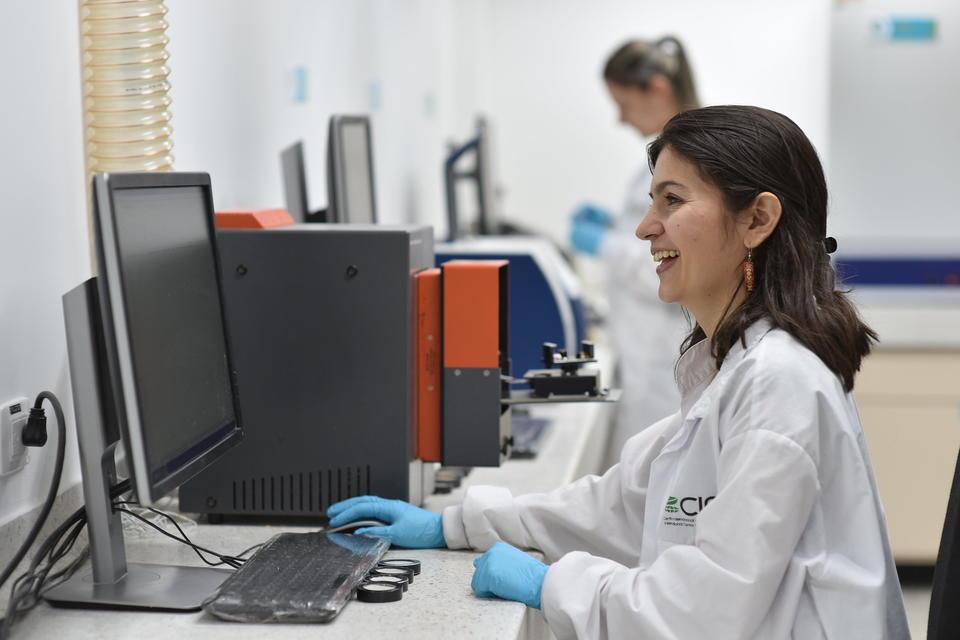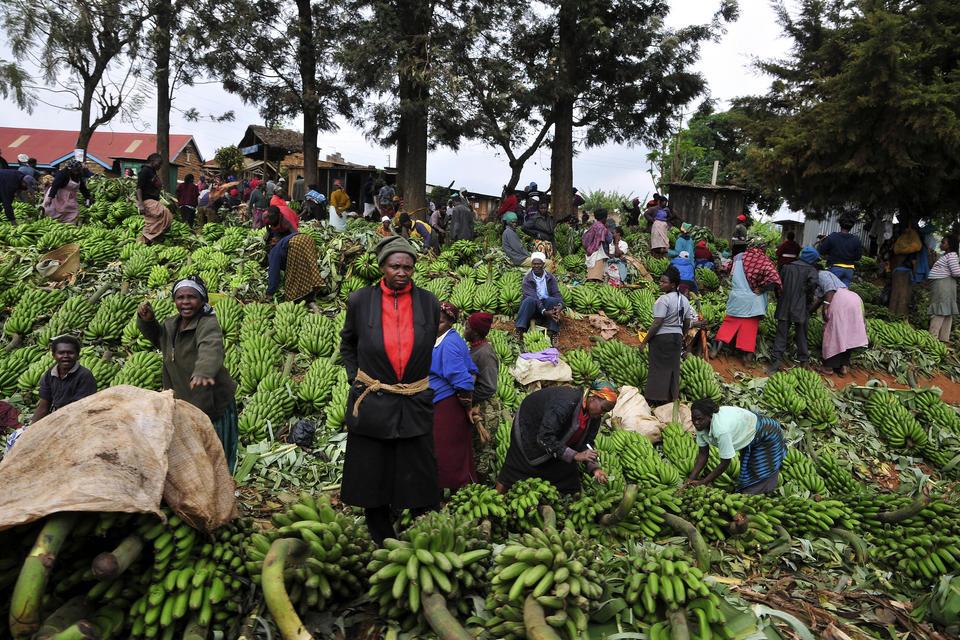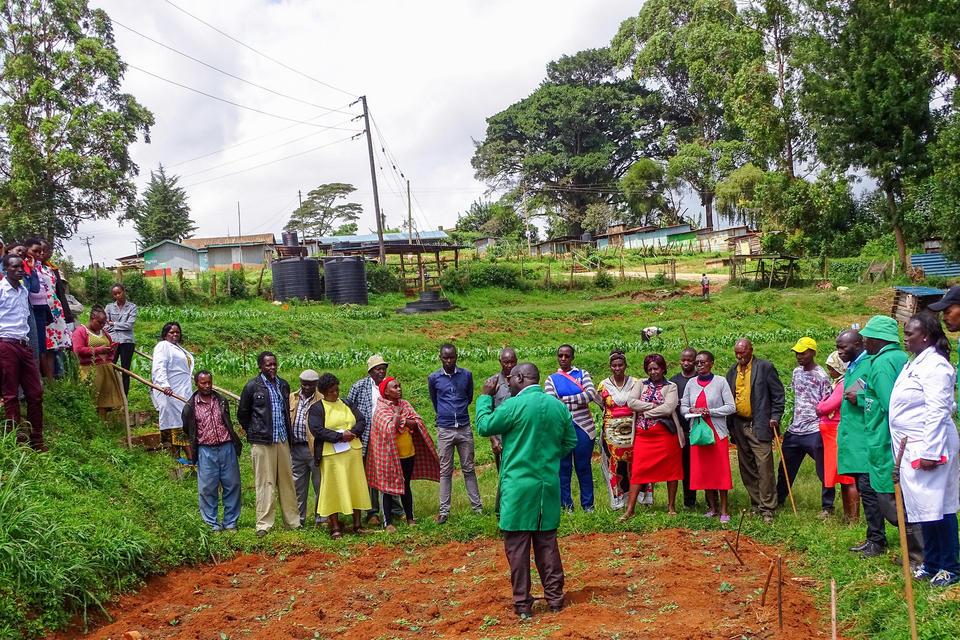Blog Complementary Strategies for Navigating Technology Transfer: Stories of Innovation and Impact from A4IP Venture-Out Events

Watch the complete Venture-Out Events mini-series for expert perspectives on how and why CGIAR scientists should maximize the value of their innovations through technology transfer.
CGIAR scientists and their partners know better than most the potential scientific innovation holds to generate impact toward sustainable agriculture and climate action. However, in the complex food systems innovation ecosystem, challenges such as misalignment between innovative solutions and market demands, perceived risks, intellectual property concerns, cultural mismatches, and regulatory intricacies all hinder scalability. How can we ensure that agricultural innovations generate the impact they promise?
Stronger mechanisms of agricultural technology transfer could be the key: especially when it comes to the Global South where inequities in access to technologies are the most pronounced.
In February 2024, the CGIAR Accelerate for Impact Platform (A4IP) hosted a mini-series of Venture-Out Events showcasing a distinctive blend of agricultural, entrepreneurial, and strategic perspectives on how to approach technology transfer. A4IP invited a team of speakers with a combined wealth of experience spanning large agricultural corporations, public and industry research communities, serial agricultural entrepreneurship, and more.
Each speaker operates at the technology-market nexus aiming to catalyze value and impact from agricultural innovation. Cameron Begley, representing Spiegare, specializes in transforming discovery, research, and development into companies. Maurice Moloney, the founder of Agritecknowledge, has a unique perspective as a serial agri-tech entrepreneur with a robust venture capital network. Anne Roulin has a background in the agri-food corporate sphere and now a focus in training for young African agri-entrepreneurs at Agripreneurship Alliance.
During the events, all three speakers articulated the shared theme that technology transfer is not a single transaction, rather, technology transfer is a process – often a lengthy and intricate one which necessitates iterative innovation and cultivating relationships with all kinds of stakeholders.
Find below the three events for on-demand viewing and sharing:
Scouting and Mobilizing Intellectual Property
Entrepreneurship in Agribusiness
Capacity Sharing through Training of Trainers
A deeper look at the events:
Begley’s look into the principles of mobilizing intellectual property advocated for research and innovation to be driven by clear demand. Engaging external stakeholders, especially beneficiaries such as smallholders, is crucial for effectively articulating the problem at hand and how the technology addresses it; highlighting its unique advantages in speed, efficiency, reach, and more. Scientists must strive for an equilibrium of technology-push and market pull, harnessing multidisciplinarity and cutting-edge entrepreneurship, as well as listening for applicability and co-developing with value-chain actors.
Moloney’s case study of bundled chickpea innovations in the Southern Nationals Nationalities and Peoples Region (SNPR) in Ethiopia demonstrated the impact of venture building across an entire value chain. Improved nutrition outcomes driven by technology transfer were self-sustaining, including improved seed lines, increased yields, a new inoculant company, and inclusive employment.
Roulin also presented a unique pathway to impact through a ‘training of trainers’ model whereby ideation, market planning, financial planning, and investor readiness courses impart knowledge to local leaders, who then can build communities of peer-to-peer exchange. This approach ensures sustainability and customization of knowledge sharing to local environments, while also benefiting from the multiplier effect.
Across all three events, speakers highlighted CGIAR’s unique strengths, including its depth and breadth of expertise, and the relationships and trust built throughout its 50-year legacy of applied science and partnerships. The CGIAR system is well-positioned to identify opportunities to drive sustainable agriculture and climate impact through technology transfer. While institutional incentives and funding still present obstacles, the pathways demonstrated in these Venture-Out Events are steps toward a larger effort for CGIAR scientists and collaborating innovators to pursue these opportunities.
In 2024, the Accelerate for Impact Platform is raising this technology transfer conversation in collaboration with ongoing efforts across the Alliance Bioversity-CIAT and CGIAR. In all its activities, A4IP is prioritizing further convergence with CGIAR initiatives and bilateral priorities through the Alliance Partnerships Joint Venture, further integrating the Innovation Packages and Scaling Readiness (IPSR) tool and leveraging CGIAR scientific and network assets to strengthen engagements in and across innovation ecosystems with the help of partners.
Watch the Venture-Out Events mini-series and reach out to A4IP for more information on Venture-Out Events, all our activities, and how we can work with you.
The Team

Gianpiero Menza
Senior Manager, Partnerships & Innovative Finance
Ram Kiran Dhulipala
Senior Scientist
Claudia Zaccari
Junior Analyst
Megan Steele
Junior Expert, Innovation Ecosystem Engagement
Ambra Al Keylani
Job Trainee, Communication and Projects Support
Nekesah T. Wafullah
Expert, Venture BuildingRelated Events



Learn More about A4IP:
Venture-Out Events are organized by the CGIAR Accelerate for Impact Platform (A4IP), a venture space powered by Alliance Bioversity International - CIAT. The Accelerate for Impact Platform (A4IP) is the venture space that leverages CGIAR’s legacy in research and innovation to co-design, accelerate, and de-risk the development and deployment of science-based solutions for sustainable agriculture and climate action.
